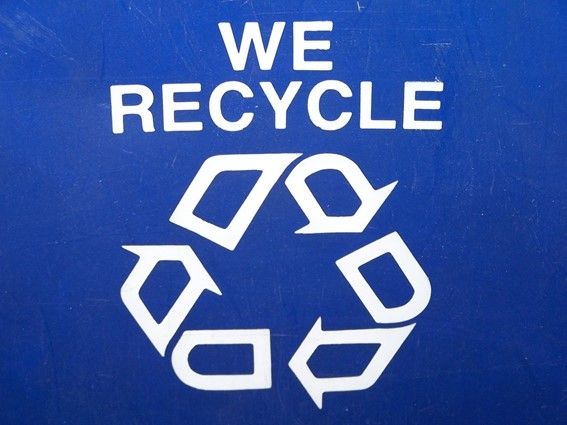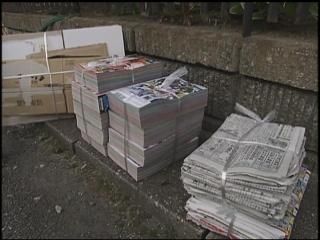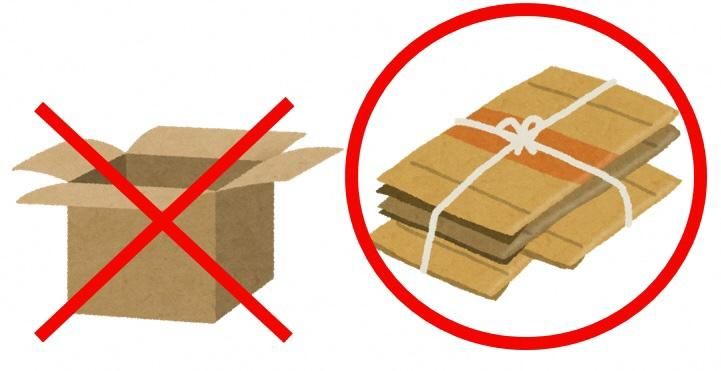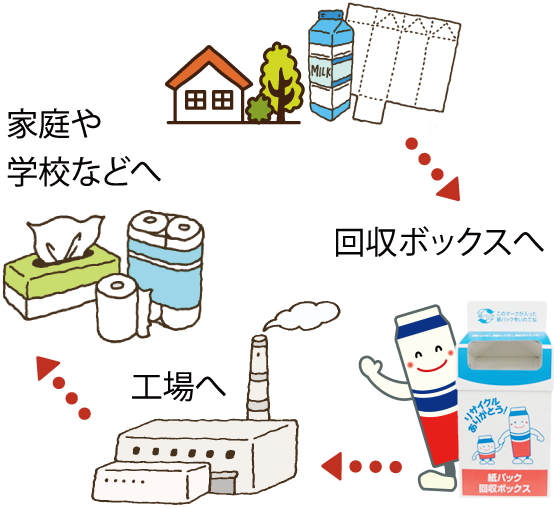This will generally include the following items:
- Paper packaging and bags
- Pamphlets
- Printer paper
- Envelopes (without the plastic)
Note: we recommend that any paper with personal or other sensitive information on it be shredded before disposal
Trees are our friends. They're majestic, towering giants that stretch towards the sky, their gnarled branches and twisted trunks a testament to their strength and resilience. Their leaves, a vibrant green canopy, sway gently in the breeze, providing shade and shelter for all who seek refuge beneath their boughs. In the fall, they don a kaleidoscope of colours, painting the landscape with a breathtaking display of oranges, reds, and yellows. Through the seasons, they stand steadfast, a symbol of endurance and renewal, reminding us of the beauty and wonder of the natural world.
They also make very convenient single-use chopsticks (Waribashi) that no doubt end up in the bin after use (or before if you fail at separating them!).
Very much like plastic, Japan uses a lot of paper. Whether it's paper bags, endless waves of bumpf in the mail or promotional material, it's everywhere and is often deemed a more environmentally friendly alternative to plastic. While this may be true, it will only ever be so if it's recycled and that's what we want to cover in this article.

As always, this is just a general guide on how to recycle your garbage and the information here may not accurately reflect your area's rules for separation or disposal. Always make sure to the follow the instructions provided by the local city or ward office!
The Japanese word for paper is Kami (it is also the word for god/spirit and hair, just so you know) and you'd be forgiven for thinking that you can throw all that paper into one bag and call it a day, but unfortunately it's a little bit more complicated than that. Read below to learn about how and when to recycle paper.

First up is the most common of all paper, helpfully referred to as ‘paper’. You'll recognise this type with the KAMI (紙) symbol, similar to the other recyclables in our previous articles such as PURA (plastic) and SUCHIIRU (steel) and should be disposed of in the correct refuse bag for your area, whether it's a designated bag by the city or an unspecified transparent or translucent bag.
This will generally include the following items:
Note: we recommend that any paper with personal or other sensitive information on it be shredded before disposal
Although most expats wouldn't likely find themselves buying newspapers (SHINBUN) and magazines (ZASSHI), it is important to know that they cannot be thrown away with other paper items. In the event that you do for some reason have a big pile of newspapers to dispose of, you'll need to tie them up with some string and place them in the designated area and day like in the image below. This can be either in front of your house or apartment or in an area specified by the ward/city.

A far more likely candidate for recycling would be the inevitable piles of cardboard (or DANBOURU in Japanese) from all those Amazon orders or IKEA furniture. Cardboard is also disposed of in the same way in most cases, so make sure you do buy yourself a ball of string and some scissors! Some larger apartment buildings may have a special area for disposing of cardboard that might not require tying it up with string. Double check the rules of your building and always follow the instructions provided.

KAMI PAKKU cartons for milk and fruit juices, etc. require a bit more effort to recycle. There are generally two types of cartons: one with a plastic cap and one without. If there is a plastic cap, make sure to remove all plastic from the carton and throw it away with your plastic. If it doesn't have a plastic lid then you can jump straight into prising it open (scissors recommended), rinsing it and leaving it to dry. Depending on your area, you may be required to treat them similarly to newspapers and cardboard, separate them from other types of paper or include them, so watch out for that.

Remember that cleanliness is key. Paper that is soiled or has anything other than paper attached to it should not be put in the recycling and should be thrown away with the burnable garbage - keep that in mind! This includes the following:
At Japan Mobility we do our best to reduce paper usage and waste and it is our mission to continue to rely less on printing where other options are available. We encourage all of our customers and readers to actively try to recycle but we understand how frustrating it can be at times! Good luck!

+81 (0)3 6403 4492
info@japan-mobility.com
Catherina Bldg. 6F,
1-36-12 Shinjuku, Shinjuku Ward,
Tokyo, 〒160-0022 Japan
Aichi (4) 20589
Join our monthly newsletter.
Japan Mobility. All Rights Reserved.
Japan Mobility. All Rights Reserved. Privacy Policy